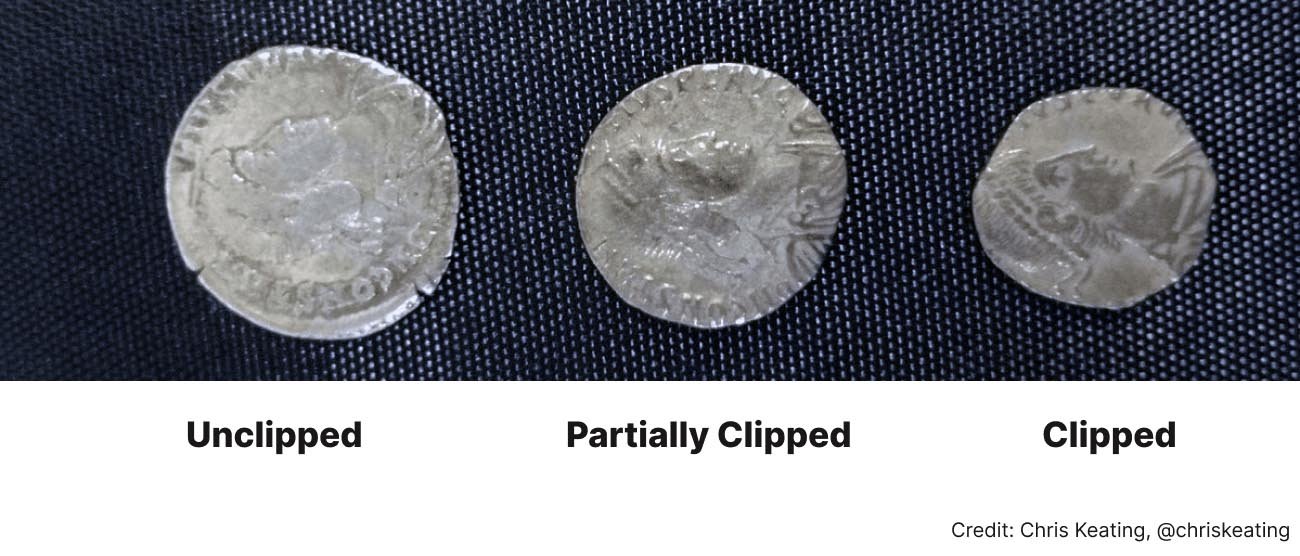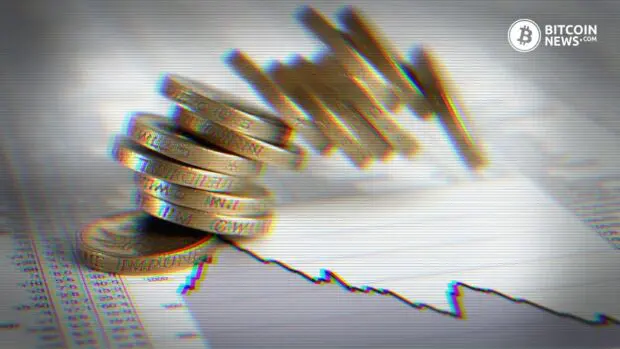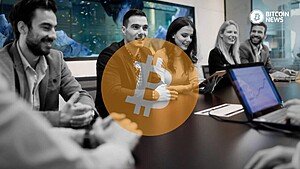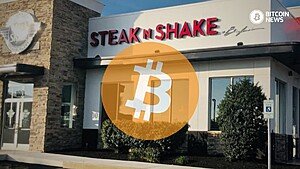Words wield profound influence, shaping perceptions and understanding so it’s time we accurately name inflation for what it fundamentally represents: debased currency.
Inflation is often discussed in economic circles as a measure of the increasing prices of goods and services over time. However, this surface-level understanding belies a deeper, more insidious effect on society. At its core, it is just more money chasing a finite amount of goods. This is a phenomenon with far-reaching implications that extend beyond the mere increase in prices.
This article explores why inflation is essentially a fancy term for currency debasement and delves into its detrimental effects on society.
Debased Currency
To comprehend the impact of inflation, it is crucial to first understand its equivalence to currency debasement. Historically, debasement referred to the act of reducing the precious metal content in coins while maintaining, or even increasing, their nominal value. This practice allowed governments to stretch their finances at the expense of the currency’s purchasing power.

In contemporary times, inflation mirrors this principle, albeit through more refined methods. Rather than physically altering money’s composition, governments expand the money supply via policies that effectively decrease the value of each unit of currency.
The process has evolved from the labor-intensive methods of clipping coins to a digital era where central banks can inflate the money supply with a few keystrokes. This modern alchemy allows the creation of money virtually out of nothing, granting those within the banking system the lucrative privilege of lending this created money at interest.
As governments engage in these practices extensively, the inevitable outcome is a rise in prices, driven by the increased volume of money competing for a static supply of goods and services. The subtlety of inflation at a rate of 2% often masks its impact, given that deflation, spurred by competition and efficiency improvements, would naturally reduce costs over time.
However, rather than these productivity gains enriching the broader economy, they accrue to the entities that conjure money from the digital ether. This process not only diverts the fruits of economic progress but fundamentally alters the distribution of wealth, channeling it towards those who control the creation of currency.
The Horrible Consequences for Society
The repercussions of inflation, or a debased currency, are multifaceted and deeply impactful on society. Here are some of the key ways in which it erodes societal well-being:
Erosion of Purchasing Power
The most immediate effect of currency debasement is the erosion of purchasing power. As the value of money decreases, individuals and families find that their earnings buy less than before. This phenomenon hits the lower and middle classes the hardest, as they spend a larger proportion of their income on essentials whose prices have risen.
Wealth Redistribution
Inflation acts as an invisible tax, redistributing wealth from the public to the government and from savers to borrowers. Savers see the real value of their savings diminish, while borrowers benefit from repaying loans with money that is worth less. This redistribution occurs without explicit consent, undermining the principles of fair taxation.
Investment Distortion
The uncertainty caused by inflation distorts investment decisions. Inflation doesn’t just devalue currency; it reshapes our financial strategies, making risk-takers out of the cautious. Businesses become hesitant to invest in long-term projects due to unpredictable costs and returns. This hesitancy can stifle economic growth, innovation, and job creation, leading to a less vibrant economy.
Social Unrest
The economic strain caused by inflation can lead to social unrest. As the cost of living rises, public dissatisfaction can escalate, leading to protests and strikes. This unrest not only disrupts daily life but can also deter investment and tourism, further harming the economy.

Long-term Economic Damage
Persistent inflation undermines confidence in a currency, both domestically and internationally. It can lead to capital flight, where investors move their assets to more stable currencies or assets. The upside for Americans is they have the cleanest shirt in a pile of dirty shirts, or as Greg Foss so nicely puts it “The US dollar is the fastest horse at the glue factory.” Any outflow of capital deprives the economy of necessary investment and can lead to a vicious cycle of increasing inflation and decreasing economic stability.
Conclusion
Understanding inflation as a modern form of currency debasement sheds light on the profound negative effects it has on society.
It is not merely a matter of rising prices but a symptom of deeper economic manipulation that redistributes wealth, distorts economic activity, and erodes the social fabric. Recognizing the true nature of a debased currency and inflation is the first step toward advocating for policies that preserve the integrity of currency and promote sustainable economic health for all members of society.
Use money that politicians and bankers can’t print out of thin air. Unless you like having your savings stolen in a sly cunning manner that is. Jeff Booth said it best “Abundance in money = scarcity everywhere else. Scarcity in money = abundance everywhere else.“










